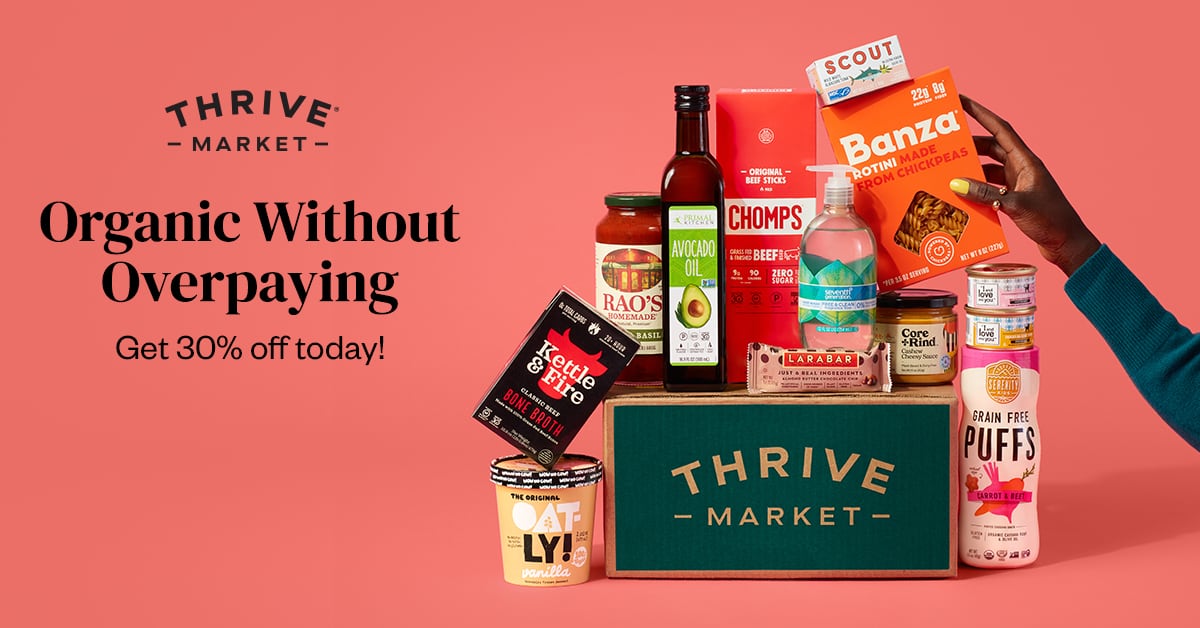10 Simple Ways To Spring Clean Your Eating Habits
When we hear the word ‘diet’ it sounds a little daunting, doesn’t it?
The idea of overhauling our entire way of eating can be overwhelming, to say the least. This is why diets don’t work for most of us in the long-term.
Slow change is lasting change. (With most things in life and certainly with food!)
Slow change may not give us instant gratification. However, when we introduce dietary changes slowly, they soon form new, fully-integrated habits that are more likely to stick!
Obviously, it makes sense to start with changes that are going to give you the ‘best bang for our buck’! Here are my top simple steps to spring clean your eating habits.
1. Paint Your Plate With a Little Extra Color
Color is Mother Nature’s siren call that a food is high in nutrients. For example, purple produce indicates high levels of anthocyanin, which is excellent for heart health. Carotene is the trademark orange antioxidant in carrots and pumpkin that our body uses to make Vitamin A.
By adding a bit more color to your plate, you can ensure that you’re eating a wide range of fruits and vegetables - and therefore reaping a wider range of nutritional benefits!
2. Drink It Up!
People often ask me what my number #1 tip is to start improving their health today. I often reply with, ‘juicing’! It’s your ultimate natural liquid vitamin, delivering readily-absorbable nutrients straight into your body’s cells. I certainly don’t feel the same without a daily dose of vegetable juice. And once you start juicing, you won’t feel the same without it either!
While I would ideally recommend that a daily green, vegetable, cold-pressed juice is best, you can start anywhere! Dig out your old centrifugal juicer and start with whatever produce you have in the fridge. Alternatively, scout out your local juice bar and make it a daily stop :)
3. Keep Protein Portions to Your Palm
True enough, certain training schedules and illnesses may require us to eat higher levels of protein. However, the fact remains that most of us living in Western Society eat far more protein than our bodies require. This is important because:
- Cooked animal proteins are a primary source of glycosylated end products, which have been linked with inflammation, cancer and chronic disease,
- When we fill up on too much protein, we are less likely to meet our nutritional requirements from other food groups,
- A high animal protein intake has significant implications for environmental sustainability.
When you can, try to stick to portions of protein that are approximately the size of your palm. This should cover the needs of most healthy adults.
4. Go Nuts Every Day!
There is good evidence to suggest that a daily dose of nuts can promote enhanced cardiovascular health and help with the prevention of many chronic diseases. Furthermore, nuts are highly concentrated in many trace nutrients and offer a good source of vegan protein.
Interestingly, research also shows the ‘regular nut eaters’ are also better able to manage a healthy weight. That said, nuts are very calorie-dense. So unless you are very active, a small handful a day should do the trick! We also recommend activating nuts before you eat them.
5. Go Vego One Dinner Per Week
While I’m neither promoting or denouncing a full vegetarian diet, I do think there are some benefits to having vegetarian meals here and there. A well-balanced vegetarian meal tends to be high in fiber, micronutrients, and of course… vegetables! (Which it’s hard to get too much of!)
And don’t worry! Vegetarian meals don’t need to feel like Rabbit Fare ;) We have an amazing range of recipes available for FREE at our website here. So go on… live dangerously! You’ll be blown away by how good vegetarian dinners can taste and how good you’ll feel afterwards.
6. When You’re Not Eating Vego… Choose Pasture-Raised, Organic Meat
When it comes to food, it’s not just the quantity of what we eat that matters! It’s the quality too.
Pasture-raised, free-range meat has been shown to have higher levels of omega-3’s and quality fats. This is for several reasons. Firstly, when animals are allowed to graze outdoors and are exposed to the cold, their bodies naturally produce different levels and types of fat. Furthermore, a high-quality ruminant diet also enhances the nutritional quality of meat.
7. Hydrate With H2O!
Our body requires water for so many cellular, detoxifying and metabolic processes - including energy production! So if you’re feeling tired, it’s always a great idea to check in with yourself and make sure that you’ve had enough water to drink.
Furthermore, dehydration can often manifest as hunger. So once you’re in the daily habit of drinking enough good-quality, filtered water, it’s less likely that you will overeat!
8. Get Good Sleep
This must be the best tip for eating well ever, right?
Although it sounds simple, getting enough quality sleep can be deceptively difficult. Yet what’s happening while we’re in bed really affects how our body operates during the day.
Disrupted sleep cycles can negatively impact our waking metabolism. Sleep studies have shown that people who are regularly sleep-deprived are at higher risk of gaining weight or developing chronic disease. Plus, when we’re tired, we are far more tempted by sugary foods and caffeinated beverages for a hard and fast energy hit!
Having trouble catching your zzz’s? Read our guide for natural sleep solutions here.
9. Become A Breakfast Eater
For many of us, breakfast time is a bit of a battle.
It’s a rush-around time of the day and many of us don’t wake up with much of an appetite.
Yet research convincingly points in one direction; eating breakfast makes a big, positive difference to your health. It enhances concentration, memory, nutrient intake and weight control.
Tip? Start with something small, quick and easy. Check out these 10 healthy breakfasts you can make in 10 minutes!
10. Eat… More… Sllloooowwwlllyyy….
This one’s tough, right?
It can seem like there’s not enough time to make a meal, let alone to slow down and eat it peacefully.
Yet, eating peacefully, calmly and mindfully is important for a number of reasons. Firstly, properly chewing your food does your digestive system a great favor! Furthermore, our brain takes at least 20 minutes to register when we’re full, so we’re more likely to overeat when we’re zooming through our meals.
And lastly, food is a great gift - a privilege. It deserves our presence, gratitude and attention while we eat it.











